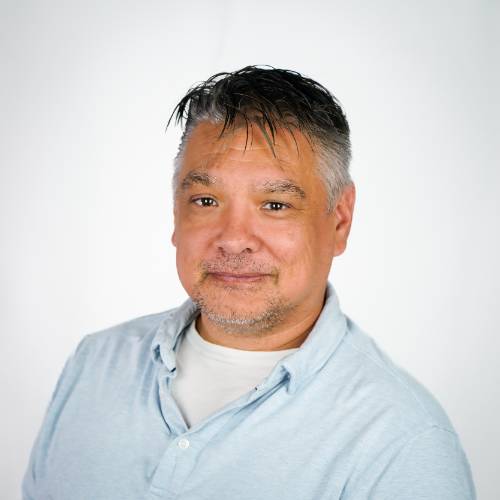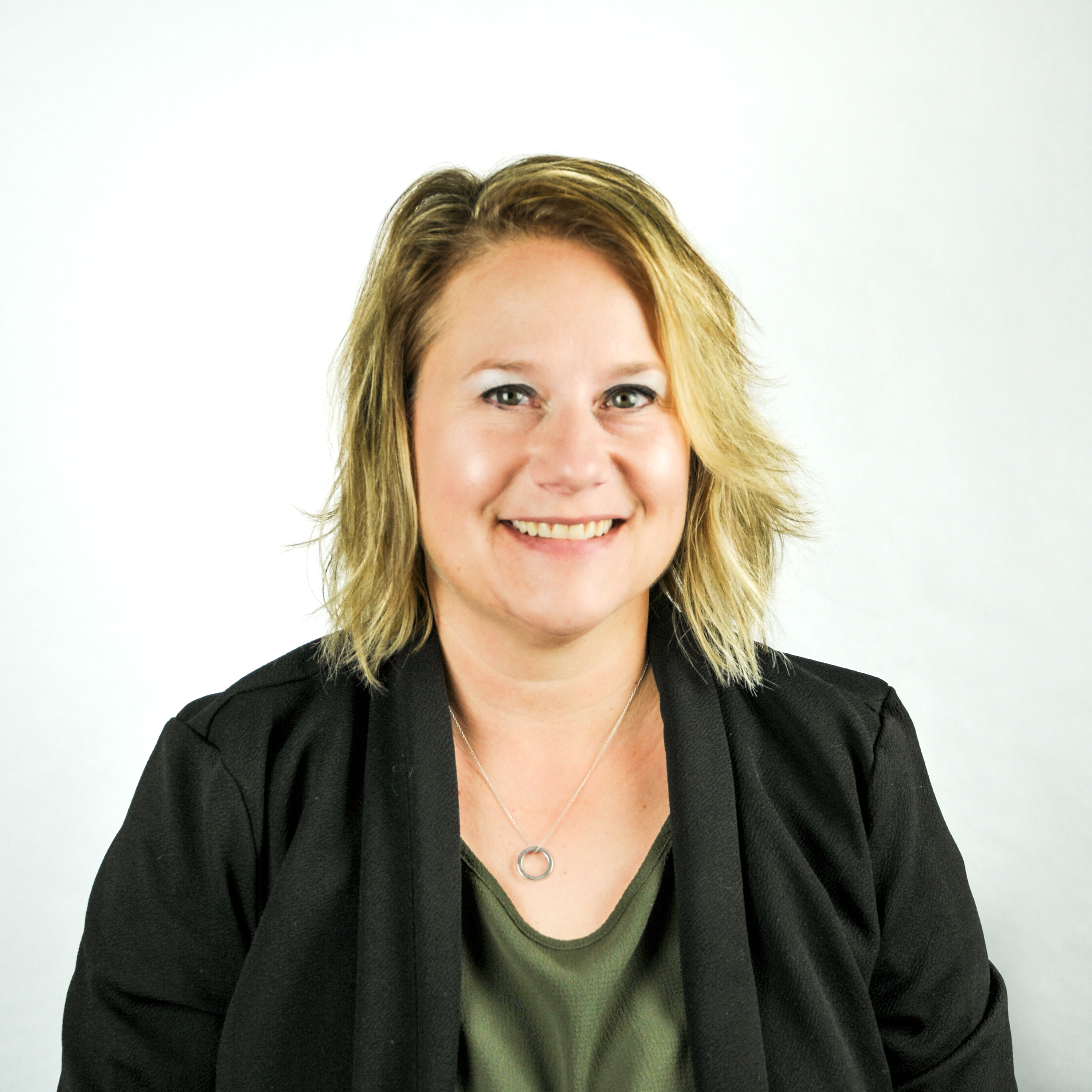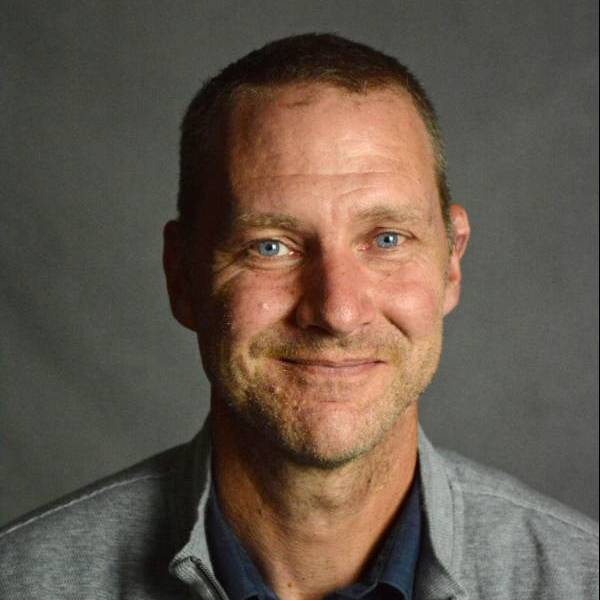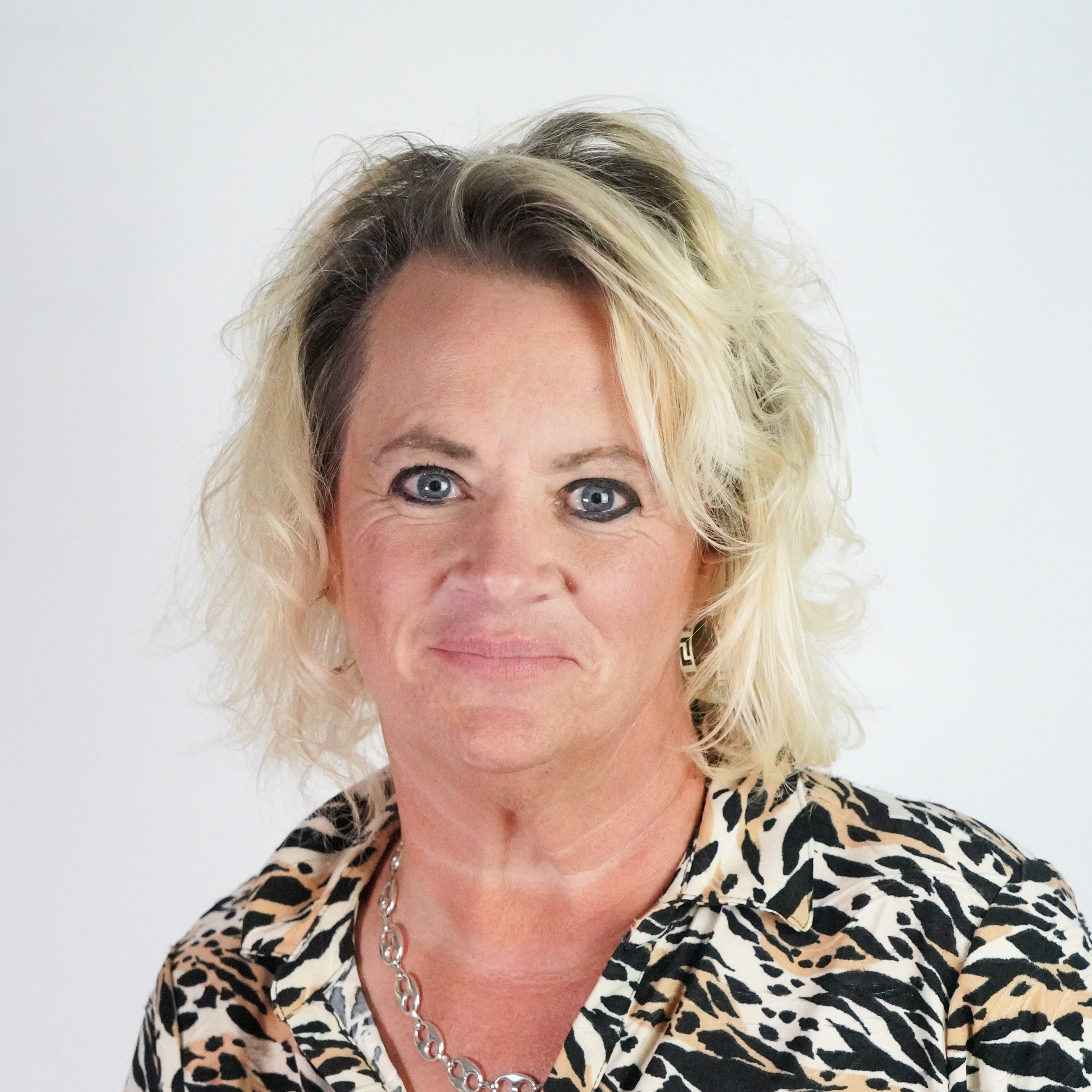Education Department
The York University Education Department:
- Accredited by the Department of Education of Nebraska
- York University Education Department is a member of the Nebraska Council on Teacher Education and the American Association of Colleges for Teacher Education, a leading voice on educator preparation.
- Prepares graduates with the knowledge, skills, and disposition needed to be successful Christian educators.
- Prepares graduates to teach in K-12 classrooms in an ever-changing world by preparation through research and professional practices.
- Follows InTASC Model Core Teaching Standards and Learning Progressions in preparation for a professional teaching career.
- Provides every student with at least 100 hours of classroom experience before student teaching in qualified K-12 schools.
- Places all first-year education majors in schools during their first semester at YU.
- Includes faculty who are active, involved, and professional. They take time to know and mentor their students.
- Allows students to individualize endorsements and concentration areas in order to have increased marketability.
- Provides placement services and advising for education majors and graduates. The department boasts a very high placement rate for graduates who seek education employment after graduation.
In addition to classroom teaching, graduates may pursue advanced degrees in education, school counseling and administration.
Request Information Apply
Certification Areas
Physical Education
Bachelor of Arts in Education, Physical Education (K-12 subject endorsement) with the supplemental Coaching endorsement (7-12)
For those interested in earning a Master of Arts in Education degree, more information can be found on our York University Online page.
Graduates of the elementary education program are certified to teach in kindergarten through 8th grade classrooms. Prior to student teaching, elementary education majors complete more than 100 hours of field experience, observing local elementary classrooms. York University works closely with area schools and afterschool programs to offer our students the best real-world experience possible. The elementary education program is the largest program offered by the York University Department of Education.
Courses
Some of the courses you may take include:
- Teaching Art in the Elementary and Middle Grades
- Introduction to Learners with Exceptionalities
- Inclusion and Collaborative Partnerships
- Field Experience in Elementary/Middle Grades
- Educational Psychology: Learning & Evaluation
- Teaching Mathematics in the Elementary and Middle Grades
- Children’s Literature
- Educational Technologies
- Instructional Interventions for Learning Disabilities
- Instructional Interventions for Behavioral Disorders, At-Risk Students
- Transitions to Career/Vocation/Community
- Planning and Managing Special Education Programs
- Assessment, Diagnosis, and Evaluation
- Teaching Language Arts in the Elementary and Middle Grades
- Human Relations/Multicultural Awareness
- Teaching Science in the Elementary and Middle Grades
Graduates of York University who study secondary education are certified to teach
in 6th through 12th grade classrooms.
Students can increase their skills and workplace marketability by adding up to two
areas of endorsement with this major:
- Business, Marketing & Information Technology
- English
- Mathematics
- History
- Social Sciences
- Speech (supplemental add on)
- Theatre (supplemental add on)
- Coaching (supplemental add on)
Graduates of the secondary education program are in especially high demand in the special education arena. There is a great need for certified teachers for students with mild disabilities in K-12 classrooms across Nebraska and the United States.
Prior to student teaching, secondary education majors complete more than 100 hours of field experience, observing local high school classrooms. York University works closely with area schools to offer our students the best real-world experience possible.
Courses
Some of the courses you may take include:
- Interpersonal Communication
- Health Education
- Human Growth and Development
- Adolescent Psychology
- Introduction to Learners w/ Exceptionalities
- Field Experience in Secondary Education I/II
- Educational Psychology: Learning & Evaluation
- Human Relations/Multicultural Awareness
- Instructional Technologies
- Secondary Methods
- Student Teaching Seminar
- Student Teaching
Degree Plans
York University offers a physical education program, as well as endorsements in this
area for other education majors.
Graduates of the physical education program are certified to teach kindergarten through
12th grade P.E. classes. A coaching endorsement is built into the program, so graduates are also prepared to lead extracurricular
sports programs. Prior to student teaching, physical education majors complete more
than 100 hours of field experience, observing a wide variety of P.E. classrooms, from
elementary through high school, including adaptive P.E. York University works closely
with area schools and after school programs to offer our students the best real-world
experience possible.
A supplemental endorsement, Adaptive Physical Education, is available to students who have completed or are working toward a physical education endorsement. This program also can be paired with a coaching endorsement.
Courses
Some of the courses you may take include:
- First Aid & Cardio-Pulmonary Resuscitation
- Care and Prevention of Athletic Injuries
- Comprehensive School Health
- Adapted Physical Education
- Teaching Health & Physical Education
- Anatomy/Physiology for Physical Education
- Organization & Administration of Physical Education Programs
- Kinesiology
- Physiology of Exercise
- Concepts of Coaching and Officiating
- Physical Education Non-Rhythmic Activities
Special Education (K-12) is a program in special education and second endorsement only for education degrees. Program requirement: Minimum depends on first endorsement field. Second endorsement in Adaptive Physical Education is available for physical education and special education majors.
Courses
Some of the courses you may take include:
- Introduction to Learners with Exceptionalities
- Inclusion & Collaborative Partnerships
- Instructional Interventions for Learning Disabilities
- Instructional Interventions for Mental Disabilities/Handicaps
- Instructional Interventions for Behavioral Disorders, At-Risk Students
- Transitions to Career/Vocation/Community
- Planning and Managing Special Education Programs
- Assessment Diagnosis and Evaluation
- Student Teaching
- Field Experience in Elementary/Middle Grades
- Field Experience in Secondary Education I
- Adapted Physical Education
- Foundations of Reading Instruction
- Reading Strategies for Elemen. and Middle Grades
- Reading Diagnosis/Remediation of Reading Difficulties
Majors will participate in many ensembles, productions, and performance opportunities. Placement for music education majors seeking full time employment after graduation is 100%. More information about the music department and ensembles can be found on the music department page.
Courses
- Introduction to Learners with Exceptionalities
- Introduction to Education
- Field Experience in Elementary/Middle Grades
- Field Experience in Secondary Education I
- Educational Psychology: Learning & Evaluation
- Human Relations/Multicultural Awareness
- Instructional Technologies
- Student Teaching Seminar
- Student Teaching
- Writing & Reading for Secondary Content Areas
- Elementary Music Methods
- Private Piano Instruction
- Private Voice Instruction
- The Voice and Vocal Production
- Ear Training
- Music Theory
- Concert Choir
- Music Literature
- Diction
- Conducting
- Music History
Standard #1: Learner Development
The candidate understands how learners grow and develop, recognizing that patterns
of learning and development vary individually within and across the cognitive, linguistic,
social, emotional, and physical areas, and designs and implements developmentally
appropriate and challenging learning experiences.
Standard #2: Learning Differences
The candidate uses understanding of individual differences and diverse cultures and
communities to ensure inclusive learning environments that enable each learner to
meet high standards.
Standard #3: Learning Environments
The candidate works with others to create environments that support individual and
collaborative learning, and that encourage positive social interaction, active engagement
in learning, and self-motivation.
Standard #4: Content Knowledge
The candidate understands the central concepts, tools of inquiry, and structures of
the discipline(s) he or she teaches and creates learning experiences that make these
aspects of the discipline accessible and meaningful for learners to assure mastery
of the content.
Standard #5: Application of Content
The candidate understands how to connect concepts and use differing perspectives to
engage learners in critical thinking, creativity, and collaborative problem solving
related to authentic local and global issues.
Standard #6: Assessment
The candidate understands and uses multiple methods of assessment to engage learners
in their own growth, to monitor learner progress, and to guide the candidate’s and
learner’s decision making.
Standard #7: Planning for Instruction
The candidate plans instruction that supports every student in meeting rigorous learning
goals by drawing upon knowledge of content areas, curriculum, cross-disciplinary skills,
and pedagogy, as well as knowledge of learners and the community context.
Standard #8: Instructional Strategies
The candidate understands and uses a variety of instructional strategies to encourage
learners to develop deep understanding of content areas and their connections, and
to build skills to apply knowledge in meaningful ways.
Standard #9: Professional Learning and Ethical Practice
The candidate engages in ongoing professional learning and uses evidence to continually
evaluate his/her practice, particularly the effects of his/her choices and actions
on others (learners, families, other professionals, and
the community), and adapts practice to meet the needs of each learner.
Standard #10: Leadership and Collaboration
The candidate seeks appropriate leadership roles and opportunities to take responsibility
for student learning, to collaborate with learners, families, colleagues, other school
professionals, and community members to ensure learner growth, and to advance the
profession.

Mr. Robert E. DeHart
Chair of the Department of Physical Education
Associate Professor of Physical Education
Schedule a VISIT CAMPUS
Earn Your Master's Degree through YU!
If you're seeking to further your education check out our online Master of Arts in Education program. This master’s program is intended primarily for professional educators, including teachers, administrators, counselors, coaches, instructional coordinators, and leaders in educational policy. Students can also choose to earn a principal endorsement or an early childhood endorsement.
More Information
NSEA- Aspiring Educators
As an education student at York University you will have the opportunity to become a member of the Nebraska State Education Association - Aspiring Educators. The NSEA provides professional resources and support to teachers in training. That added preparation helps young teachers get off to a successful career start, and provides NSEA with a core group of future Association leaders. Membership provides student with important liability insurance coverage while student teaching, as well as many of the same benefits as active teachers/members.
Ready to join our community?




